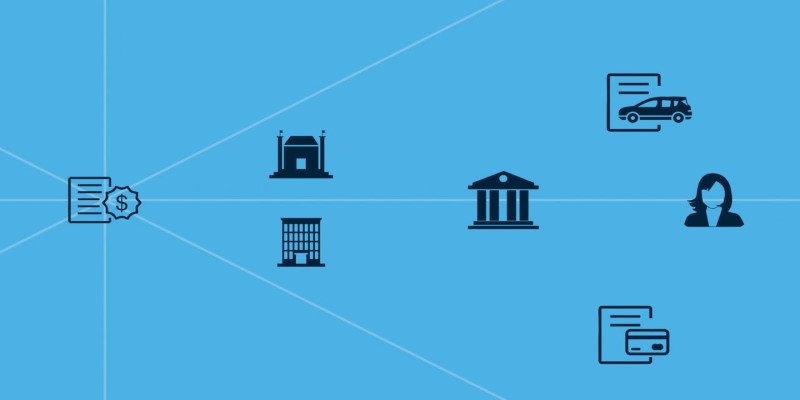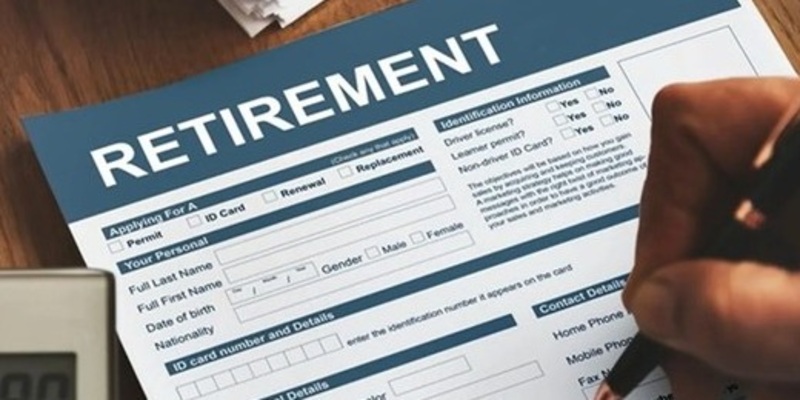Effective Ways to Reduce Everyday Costs Without Compromising Comfort
Effectively handling everyday costs is very important for keeping financial balance and saving money over a longer period. A lot of regular expenses can be lessened by simple yet well-thought changes. Activities like buying groceries or paying power bills can lead to major savings in the end if spending habits are slightly altered. To keep expenses controlled and not reduce the quality of life, one must learn to handle daily budgets thoughtfully. This article will look at practical advice for financial planning that can help save money while making sure things stay efficient and convenient.
Bringing Homemade Meals Instead of Buying Lunch
Bringing lunch from home is a very good method to save money every day, and it also helps financially in the end. Normally, sandwiches or salads bought from shops are priced between five to ten dollars daily. This can make your yearly expenses go up by thousands of dollars. Suppose you work for 260 days in a year. Buying lunch that costs about $7 each day will result in spending around $1,820 per annum.
Compared to this, making food at home nearly cuts the expense by 50%. The saved sum of $35 each week can be continuously invested with a typical yearly return of 7%, which may grow up to approximately $94,749 after 25 years. Apart from monetary benefits, home-cooked meals provide improved nutritional worth and portion management that bolsters both financial and physical health.
Making Coffee at Home Instead of Buying from Cafés
Buying coffee from a café early in the morning may appear minor in cost, but it builds up substantially over time. A single cup from a high-end coffee shop prices between $2.50 and $4, resulting in yearly spending of $625 to up to $1,0.m00. Beverages with specialties are priced higher yet, increasing the economic effect further. Compared with this, a pound of premium coffee beans costs about $15 and can make at least 30 cups of coffee.

If you brew one cup at your home every day, it will decrease the annual expense for coffee to nearly $125. This basic change could save you from around $500 up to 875 per year. In 25 years, the savings from investing could surpass $45,000. Brewing coffee domestically not only conserves finances but also permits alterations in flavors and components without extra cost.
Leveraging Supermarket Loyalty Programs for Grocery Savings
Buying groceries is something we have to spend on, but the bill can be reduced if we use loyalty programs. Many big stores give special discounts, custom coupons, and rewards for cashback to their members.
Programs like Amazon Prime also allow more savings at Whole Foods, while clubs such as Costco provide wholesale prices along with cashback benefits for executive membership holders. A strategy for grocery shopping that is thought-out, using discounts of membership and promotional offers, greatly cuts down the overall budget for food.
Using Cash-Back Credit Cards and Shopping Apps to Maximize Savings
Making smart use of credit cards that give back cash and apps for rebates can improve.e spending without altering your habits. Many such credit cards present rewards when buying in certain fields, like food shopping, gasoline, or eating out.
Apps giving cashback such as Rakuten and Honey add to savings more by price comparison and providing chances to get rebates on daily purchases. But, all debts must be fully repaid every month. This can help to avoid interest costs which could take away the advantages of the rewards gained.
Eliminating Unused Subscriptions to Avoid Unnecessary Charges
Monthly financial plans frequently ignore subscription services, which results in surplus expenditures on rarely utilized platforms. Streaming amenities, software club memberships, and digital content subscriptions rapidly increase leading to yearly costs of hundreds of dollars.
It is advisable to regularly check bank statements and use subscription tracking applications for recognizing ongoing charges that can be canceled or lowered. Allowance of shared accounts among family members can be a useful method to lower these expenses, while still having the opportunity to enjoy premium content.
Handling Basic Home Maintenance and DIY Tasks to Save on Services
Engaging professionals in regular activities might result in high costs while a lot of problems could be handled by self-help ways. Understanding easy home fixings, like repairing leaks, painting walls, or putting furniture together, removes the requirement for pay-to-service charges.
Online teaching materials and step-by-step filmed guides are available that assist with different DIY tasks thus enabling house owners to deal with upkeep on their own. Buying important tools and learning basic fixing skills can save money over time by lessening the need for paid services.
Reviewing Budgets Regularly to Identify Areas for Additional Savings
To keep control of finances and find possible savings, a good budget is very important. A lot of people do not notice little costs that in the end sum up, so it is necessary to check spending ways often.
Tools for budgeting like You Need a Budget (YNAB) or other applications tracking expenses can give knowledge about how we spend money and help us use our funds better. By regularly looking over and making changes to financial plans, additional cash can be shifted towards savings, lowering debts or investments.
Reducing Fuel Costs Through Efficient Driving and Alternative Transportation
Costs for fuel change and many times, they make up a big part of the money we spend at home. If we drive in ways that save on fuel, like keeping our speed even and not letting our car idle too much, it can help us get more miles per gallon of gas. Also, if it's an option, using things such as public transport sharing rides with others or even riding bikes could cut down on how much fuel we use along with the cost tied to it.

By using smartphone applications to track the prices of fuel in your area, you're able to get gas at the best rates possible, which helps decrease costs related to transportation. Without affecting everyday travel demands, these small changes can lead to big savings over time.
Lowering Water Consumption to Decrease Monthly Utility Bills
You can control your water charges better by using some easy-saving techniques. Washing clothes in cold water, making showers short, and using dishwashers or washing machines only when full all help to use less water.
If you install appliances that save water, this will increase the amount of money saved while also helping the environment to be sustainable. Some businesses that provide utilities give money back if you switch to systems that use less energy, so it becomes a more affordable choice. If you adjust how much water you use every day even just a little bit, your utility bills will decrease noticeably in the end.
Reducing Electricity Costs by Implementing Energy-Efficient Practices
The cost of energy can be decreased by adopting habits that save energy and using intelligent technology. Switching off lights when exiting a room, unplugging electronics not in use, and utilizing LED bulbs decrease unneeded consumption of power. Many suppliers of electric power introduce pricing based on time-of-use where the price changes depending on demand.
Operating big devices when the electricity demand is low makes your power bill smaller. If you put a smart thermoregulator in, it changes heating and cooling by who is using them. This makes energy use more efficient. This results in much cheaper utility costs.
Conclusion
Lessening everyday costs does not need big changes in the life we lead, instead, it requires a careful consideration of our spending habits. Little adjustments like making coffee at home, cutting down on subscriptions that are not needed, and utilizing the advantages of cash-back can add up to save more money over time. Checking budgets regularly and recognizing unnecessary expenditures helps improve financial firmness and enables income usage to be better managed. By putting these money management suggestions to use, you can achieve considerable savings. And all this without giving up on the quality or ease in your everyday routine.












